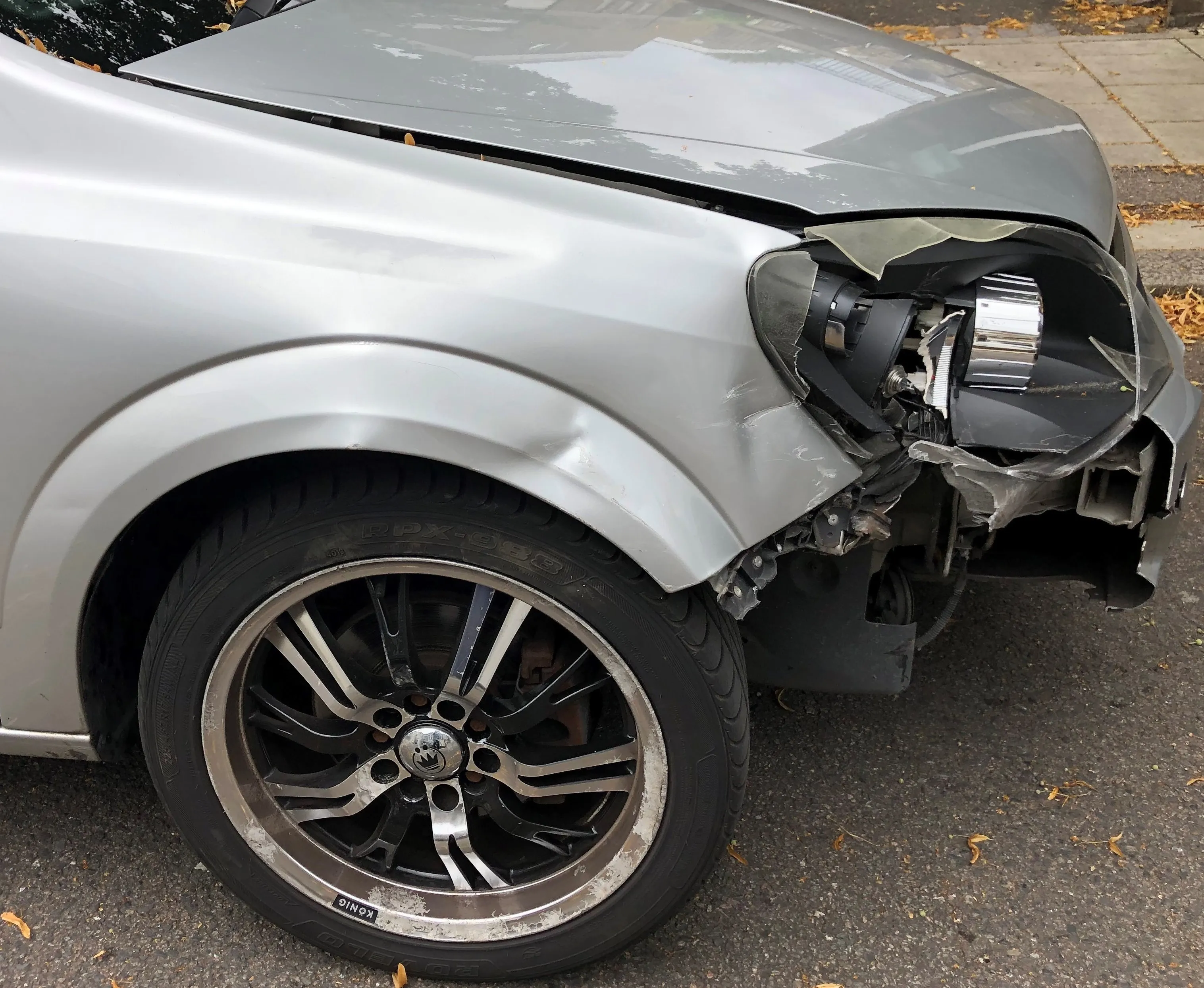Fleet operators have been warned that police forces across the UK are waiting to convict one of them under corporate manslaughter and corporate homicide legislation. The chilling message was delivered to fleet decision-makers attending this year’s Mercedes-Benz sponsored ACFO (Association of Car Fleet Operators) Conference and AGM by Sgt Gareth Morgan, supervisor of South Wales Police Driver Training. To-date there have been just two successful prosecutions under the 2007 Corporate Manslaughter and Corporat
May 31, 2012
Read time: 2 mins
Fleet operators have been warned that police forces across the UK are waiting to convict one of them under corporate manslaughter and corporate homicide legislation.
The chilling message was delivered to fleet decision-makers attending this year’s1685 Mercedes-Benz sponsored ACFO (5825 Association of Car Fleet Operators) Conference and AGM by Sgt Gareth Morgan, supervisor of South Wales Police Driver Training. To-date there have been just two successful prosecutions under the 2007 Corporate Manslaughter and Corporate Homicide Act, but neither were linked to fatalities involving at-work drivers.
Historically police forces investigated ‘death on the highway’. However, they now look for ‘responsibility’, which in the case of at-work drivers could include investigation of the roles played by fleet decision-makers, company directors and other employees in implementing and managing an occupational road risk management strategy.
“90% of accidents are as a result of human behaviour,” said Sgt Morgan, who advocates businesses using psychometric profiling as a successful method to enable drivers to self-evaluate their behaviour on the road and organisations to develop and implement at-work driving risk management strategies.
Psychometric profiling has been successfully introduced by South Wales Police with a resulting 10 per cent reduction in accident rates in the last 12 months.
Suggesting that psychometric profiling is more successful, cheaper and more efficient than on-the-road driver training, Sgt Morgan added: “Fleet managers must ask if the at-work driving risk management processes they have in place will withstand scrutiny from the police service.
“Psychometric profiling encourages drivers to reflect on their thoughts and change their driving behaviour. It delivers behavioural and attitudinal change and by coaching and mentoring, improvements can be benchmarked that are recognised by the courts.
“We are using psychometric profiling successfully in the police to facilitate self-belief that an individual can make a real difference to their risk by raising self-awareness of driving risk and encouraging ownership of risk management. We are focusing on goals for life and skills for living. The method can be just as beneficial to fleet managers and their businesses.”
The chilling message was delivered to fleet decision-makers attending this year’s
Historically police forces investigated ‘death on the highway’. However, they now look for ‘responsibility’, which in the case of at-work drivers could include investigation of the roles played by fleet decision-makers, company directors and other employees in implementing and managing an occupational road risk management strategy.
“90% of accidents are as a result of human behaviour,” said Sgt Morgan, who advocates businesses using psychometric profiling as a successful method to enable drivers to self-evaluate their behaviour on the road and organisations to develop and implement at-work driving risk management strategies.
Psychometric profiling has been successfully introduced by South Wales Police with a resulting 10 per cent reduction in accident rates in the last 12 months.
Suggesting that psychometric profiling is more successful, cheaper and more efficient than on-the-road driver training, Sgt Morgan added: “Fleet managers must ask if the at-work driving risk management processes they have in place will withstand scrutiny from the police service.
“Psychometric profiling encourages drivers to reflect on their thoughts and change their driving behaviour. It delivers behavioural and attitudinal change and by coaching and mentoring, improvements can be benchmarked that are recognised by the courts.
“We are using psychometric profiling successfully in the police to facilitate self-belief that an individual can make a real difference to their risk by raising self-awareness of driving risk and encouraging ownership of risk management. We are focusing on goals for life and skills for living. The method can be just as beneficial to fleet managers and their businesses.”









